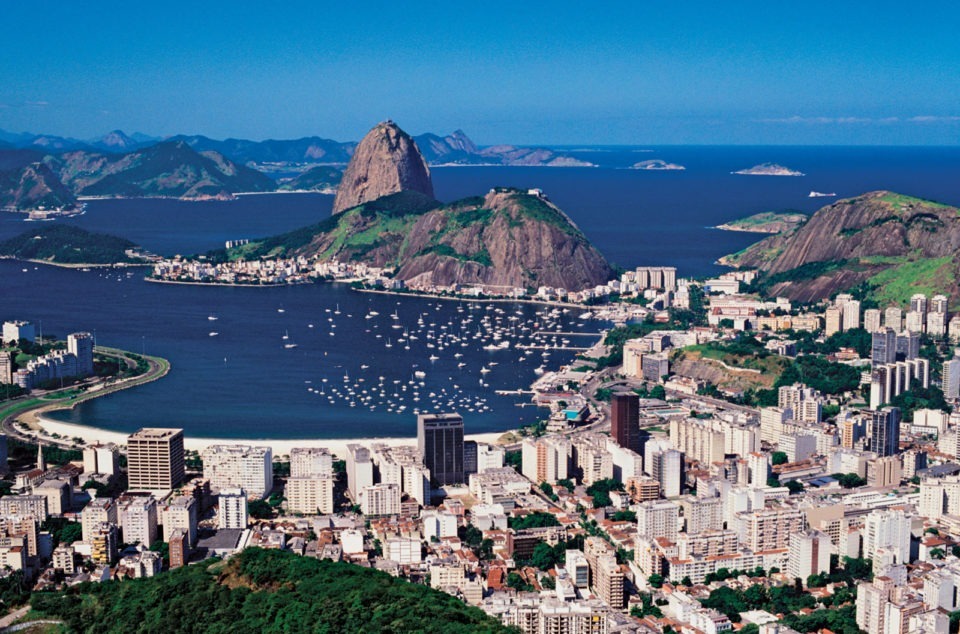
Rio De Janeiro, Brazil: Hidden Trail Shows Breathtaking Views And Economic Hope
There were no fireworks on Copacabana Beach to ring in the New Year, and Carnival festivities have already been suspended. These are just some of the ways Rio, known as Brazil’s “Marvelous City”, has been stripped of its joy and wonder by the COVID-19 crisis.
Brazil recently marked a grim milestone in its battle with the coronavirus: more than 200,000 people have died, giving the South American nation the second-highest death toll in the world after the United States.
But amid the dark headlines, one Rio de Janeiro favela seems to be benefitting from the pandemic by nurturing tourism in its back yard.
The Babilonia neighbourhood may be a far cry from the ancient city of Babylon after which it was named, but the shantytown boasts its own lost hanging gardens.
It’s a modern-day marvel that Brazilians and foreigners are discovering thanks to the coronavirus – and it’s helping locals put food on the table during uncertain economic times and a record-high 14.6 percent unemployment rate.
“When the pandemic began, national parks were closed and beaches were off limits, so people started looking for places to exercise safely outdoors,” activist Adriano da Silva told Al Jazeera.
“Suddenly, there were 60 or 70 people showing up here, wandering around Babilonia’s hidden forest trails, not knowing what dangers they may face,” he said.
Like many of Rio’s favelas, Babilonia and neighbouring Chapeu da Mangueira sprung up at the foot of a mountain with lush vegetation.
Above the neighbourhoods, a four-kilometre circular forest trail passes through six different lookouts that boast some of the city’s most breathtaking views.
Hikers can take in a panorama of green hills, blue seas and white sandy beaches while listening to chirping birds or being watched by cautious tribes of small monkeys.
The two-hour hike also features bunkers built by the army to defend what used to be the Brazilian capital after the country joined the Allied forces in World War II.
But local residents like da Silva want hikers to enjoy the area safely.
“What most tourists don’t know is that there is another war going on here. Drug gangs sometimes fight for territory in the forest or use it as an escape route from the police,” he explained. “It’s only safe to hike here if you go with a local guide — and that is where we stepped in.”

